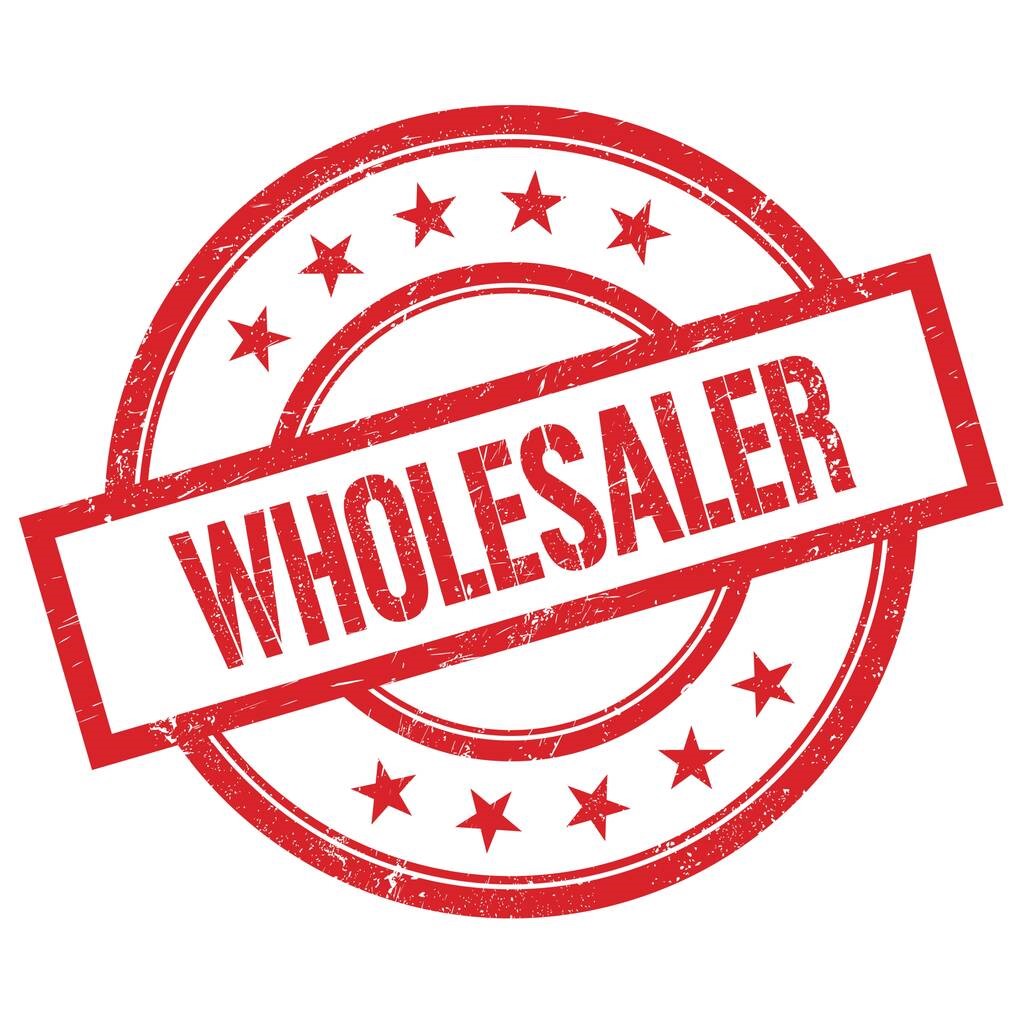Welcome to the fascinating world of FMCG (Fast-Moving Consumer Goods) Wholesalers, where complexity and diversity thrive. FMCG wholesalers play a crucial role in the supply chain of fast-moving consumer goods, serving as the bridge that connects manufacturers and retailers while catering to the ever-changing demands of consumers. They go beyond the mere delivery of branded products, ensuring that consumers have access to a vast array of high-quality goods at affordable prices. In this introduction, we will explore the intricacies of a successful FMCG wholesaler and delve into the strategies they employ to maximize profits and provide exceptional service to their customers.
Advantages of FMCG Wholesalers: A Multifaceted Spectrum
The advantages bestowed upon retailers by FMCG wholesalers are multifaceted and cannot be underestimated. FMCG refers to items with a short shelf life that are quickly sold, encompassing various essentials such as food, beverages, toiletries, clothing, and more. When retailers collaborate with FMCG wholesaler in Singapore, a multitude of advantages come into play: access to an unparalleled range of products, enhanced cost efficiency, improved distribution channel control, and the ability to cater to evolving customer demands.
One key advantage of partnering with an FMCG wholesaler is the opportunity to access a vast selection of products that may not be available through traditional suppliers. By joining forces with experienced wholesalers specializing in specific goods, retailers can procure products that would otherwise be out of reach or beyond their financial capacity. For instance, specialty brands and exclusive product lines, like organic food items or luxury clothing, may only be carried by select distributors, making them elusive to local stores and even online retailers. This enables retailers to offer customers an extensive array of choices in terms of variety and price points, all while maintaining a reasonable profit margin with each sale.

Another benefit lies in the cost savings that FMCG wholesalers bring to small-scale businesses. By collaborating with wholesalers, retailers can leverage their purchasing power and negotiate favorable deals, resulting in reduced costs for procuring goods. This cost advantage can then be passed on to customers, allowing retailers to offer competitive prices and garner customer loyalty.
Challenges Confronting FMCG Wholesalers: A Balancing Act
The fast-moving consumer goods (FMCG) industry is a highly competitive and dynamic marketplace, presenting wholesalers with a plethora of challenges to navigate to maintain their market share. Let’s explore four such challenges: intense competition from various businesses and online retailers, margin pressures from manufacturers and suppliers, regulatory issues with governments and local authorities, and the ever-increasing complexity of inventory management systems.
Intense Competition From All Fronts
The FMCG industry is characterized by cutthroat competition, where wholesalers, retailers, supermarkets, discounters, convenience stores, and online retailers constantly vie for the attention of consumers. To thrive in this environment, businesses must differentiate themselves by offering unique products and services. Wholesalers, in particular, must compete not only on price but also on quality to survive. Additionally, with the surge in the popularity of e-commerce, wholesalers must adeptly utilize digital marketing techniques such as search engine optimization (SEO) to remain competitive against online stores.
Navigating Regulatory Landscapes
Wholesalers face regulatory challenges in dealing with governments and local authorities. Compliance with regulations related to safety standards, labeling requirements, and environmental sustainability poses an ongoing responsibility for FMCG wholesalers. Staying abreast of changing regulations and ensuring adherence is vital to avoid legal repercussions and maintain a positive reputation in the industry.
Complexity in Inventory Management Systems
With the growth of the FMCG industry, the intricacies of managing inventory have intensified. Wholesalers now contend with an increasingly complex web of supply and demand dynamics, making effective inventory management a challenging task. To overcome this hurdle, wholesalers must embrace advanced technologies and data-driven approaches to optimize stock levels, streamline logistics, and improve overall supply chain efficiency.
Success Strategies for FMCG Wholesalers: Forging Ahead
Thriving in the competitive landscape of FMCG wholesaling requires adopting strategies that provide a distinctive edge. Here are some key strategies that can help FMCG wholesalers rise above the competition:
A) Invest In Marketing Strategy: Develop a comprehensive marketing plan encompassing both traditional and digital channels. Utilize print media, television advertisements, radio spots, social media, and email campaigns to reach a wider audience and build brand recognition.
B) Utilize Technology To Enhance Efficiency & Reach Out To Customers: Leverage customer relationship management (CRM) systems to enhance customer interactions and track sales progress. Utilize data analytics tools to gain insights into customer behavior and preferences, enabling personalized offerings and better-targeted marketing.
C) Develop Strategic Partnerships With Suppliers & Customers: Establishing strategic partnerships with suppliers and customers can unlock opportunities for mutual growth. Collaborate closely with suppliers to foster innovation, improve product development, and create promotional initiatives. Engage customers through loyalty programs, exclusive offers, and personalized experiences.
D) Improve Logistics & Supply Chain Processes: Continuously evaluate and optimize logistics and supply chain processes to streamline operations. Leverage technologies such as automation, predictive analytics, and real-time tracking to enhance efficiency, reduce costs, and ensure timely deliveries.
E) Offer Value-Added Services To Clients: Differentiate your wholesaling business by offering value-added services to customers. This can include customized packaging, tailored product recommendations, after-sales support, and comprehensive training programs to enhance the customer experience and foster long-term relationships.

Conclusion
In conclusion, FMCG wholesalers are indispensable to the supply chain of consumer goods, serving as the backbone that ensures the seamless flow of products from manufacturers to retailers. Their expertise in sourcing, managing stock, and providing cost-effective solutions adds immense value to the industry. By embracing the challenges and implementing innovative strategies, FMCG wholesalers can stay ahead in today’s competitive market, enabling retailers to thrive and customers to access a diverse range of high-quality products.